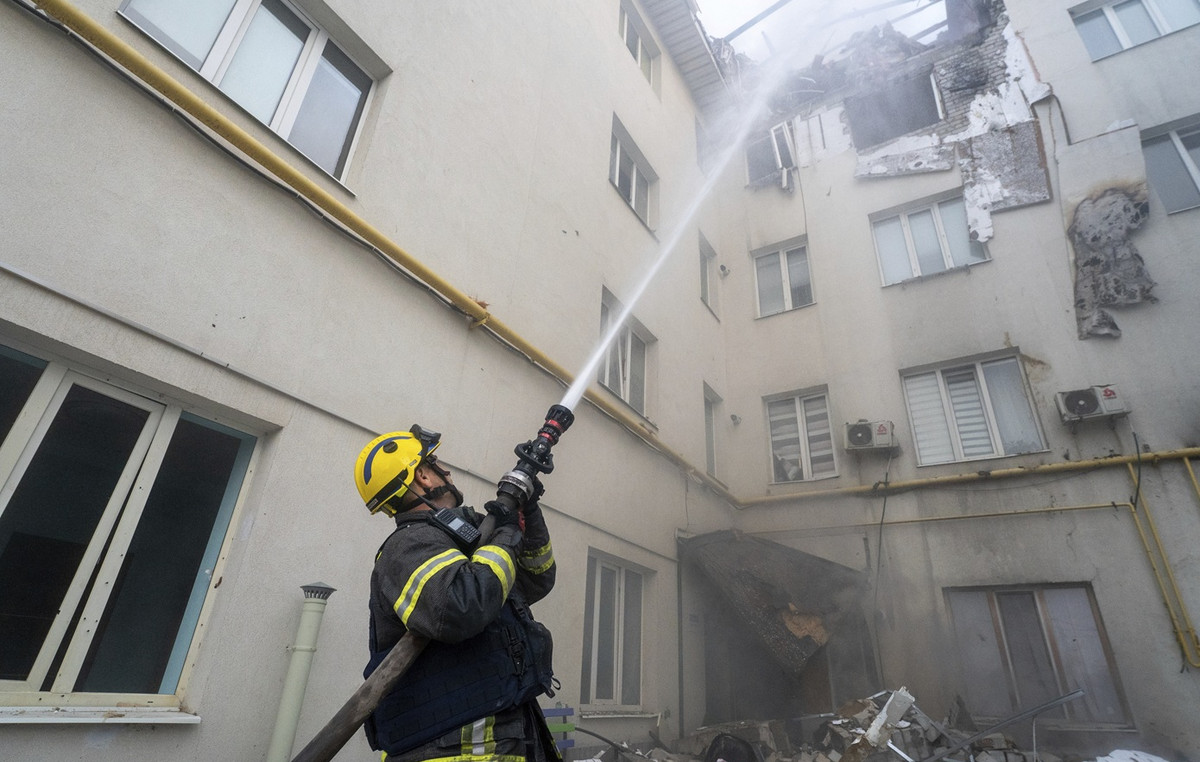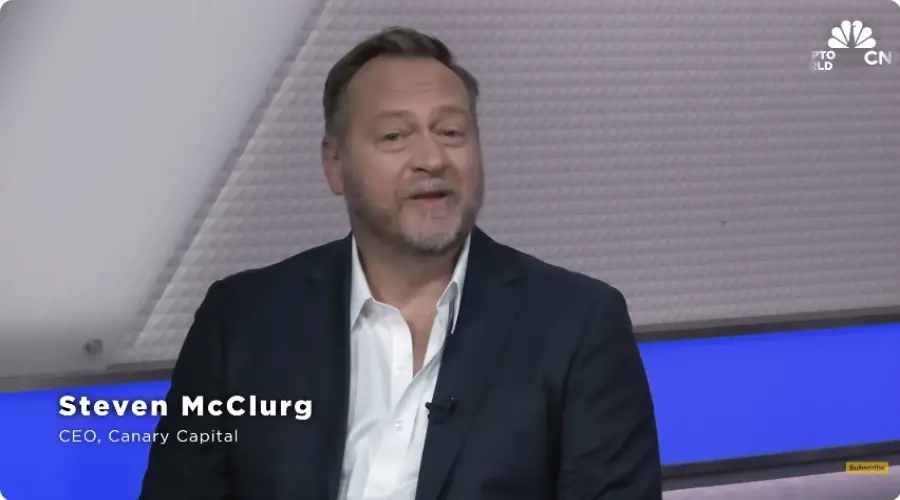A handcrafted chocolate factory in the heart of the Amazon has been transforming the reality of riverside communities of Combu Island, without deforesting a single tree foot in Pará, about 15 minutes from Belém.
Work is an example of how bioeconomics can transform realities and has been developed by Dona Nena, a riverside farmer and businesswoman, who transforms cocoa cultivated in the forest into a source of income and sustainability.
The initiative “Daughter of Combu” began in the backyard of Pará. Today, it has gained great proportions, boosting tourism in the region, conquering the world through organic chocolates.
“When I started with this work, I wanted to generate income and improve the quality of life of my community, because it was very difficult. At the time we had no fruit, we needed to leave the island to work in the city. Today we managed to change that,” said Dona Nena.
The cultivation model practiced by her respects the Amazonian biodiversity. Cocoa grows next to other fruit trees, such as acai, cupuaçu and banana, without the need for deforestation.
“Here you will not find a conventional cocoa farm. Our cocoa is inserted in the forest, he nourishes her,” he explained.
The impact of the project goes beyond chocolate production. Currently, more than 60 restaurants on the island benefit from tourism that grew up with the valorization of the region. In addition, two barqueiros cooperatives were created to meet the growing demand of visitors.
The relevance of the initiative caught the attention of the world. In 2024, the Brazilian President, Luiz Inacio Lula da Silva, and the president of France, Emmanuel Macron, visited Dona Nena’s property to get to know this Amazonian wealth.
“It was one of the biggest recognition of my work. Macron came to Brazil for the first time, and the first place he visited was my property. This fills me with pride,” celebrated Pará.
Pará is the largest cocoa producer in Brazil, annually reaps about 150 thousand tons of almonds. Currently, 95% of production is exported, but the state seeks to consolidate itself as a high quality chocolate producing hub.
The story of Dona Nena and her contribution to Amazonian bioeconomics gain even more relevance with the approach of COP30, which will be held in Belém.
The Global Conference on Climate Change will bring to the center of debate initiatives such as hers, which combine environmental preservation and economic development.
“At first, I didn’t know what bioeconomics was, but I already did. Today, I know that our work can be a model for the whole world,” he said.
This content was originally published in Bioeconomics in the Amazon: Get to know the cocoa that preserves the forest on CNN Brazil.
Source: CNN Brasil
I’m James Harper, a highly experienced and accomplished news writer for World Stock Market. I have been writing in the Politics section of the website for over five years, providing readers with up-to-date and insightful information about current events in politics. My work is widely read and respected by many industry professionals as well as laymen.







